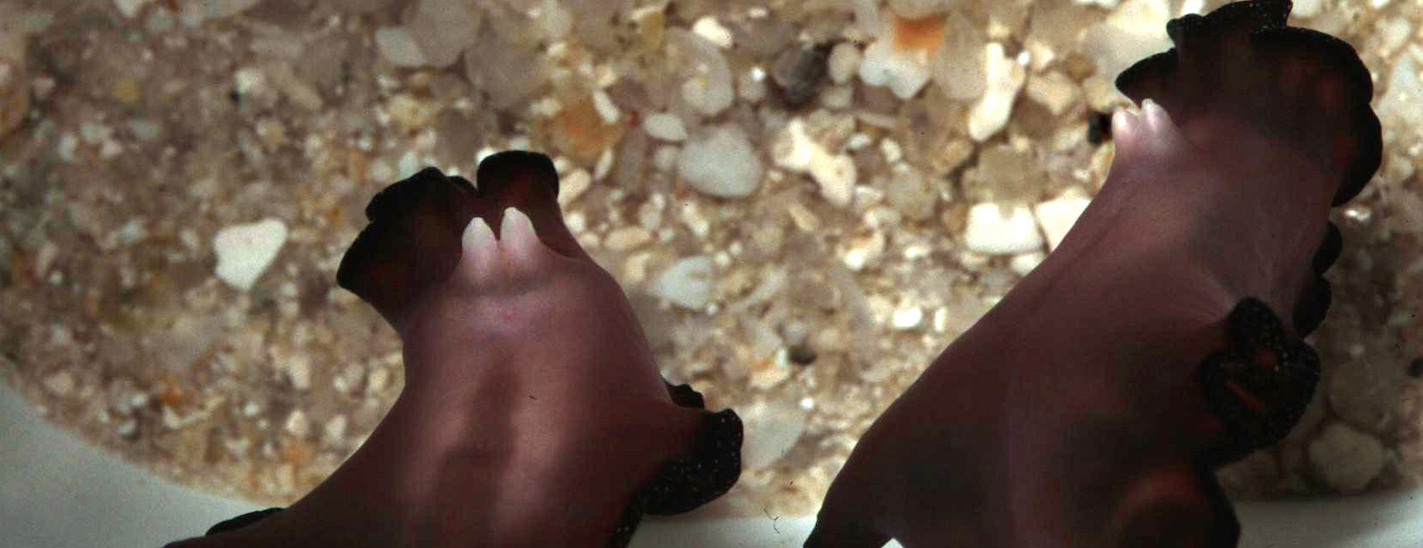BBC Earth
Image: Nico Michiels
It’s February 2008. The location; a hospital emergency department within the city of Seoul, in South Korea.
A 63-year-old woman has arrived complaining of sharp pains in her mouth and clutching a chunk of squid from her seafood dinner. The physicians examining her find what appear to be a number of tiny writhing animals stuck to her tongue, cheeks and gums. Assuming the creatures are some form of squid parasite, the medics quickly remove them.
But a closer look shows that these are no parasites: they are in fact spermatophores – tiny guided missiles containing a payload of squid sperm.
Male squid release spermatophores during mating. They then lodge themselves in the female squid’s skin near her genital opening, and release their sperm as the female lays her eggs. “Besides being a sperm package, the squid spermatophore is also an implantation device,” says José Eduardo Marian, a squid researcher at the University of São Paulo in Brazil.
Accidents will happen, though: when the Korean woman chewed on the dead male squid’s flesh she triggered the release of his spermatophores. The sperm sacs mistook the woman’s soft mouth for a female squid and implanted themselves there instead. The dead male squid had, effectively, attempted to inseminate a human female.
Welcome to the wonderfully twisted realm of sexual organs.
This is a world where penises may double as weapons during violent combat, or as lassos to snag a mate – often against her will.
It’s a world where semen can exert powerful mind control over a female, and vaginas can act to deliberately help or hinder the age-old race of sperm to egg.
And it’s a world so full of carnal conflicts of interest and deception that only now are biologists getting to grips with all of its ins and outs, including an understanding of why human sex may be about pleasure rather than pain. Read more on the BBC Earth website…








